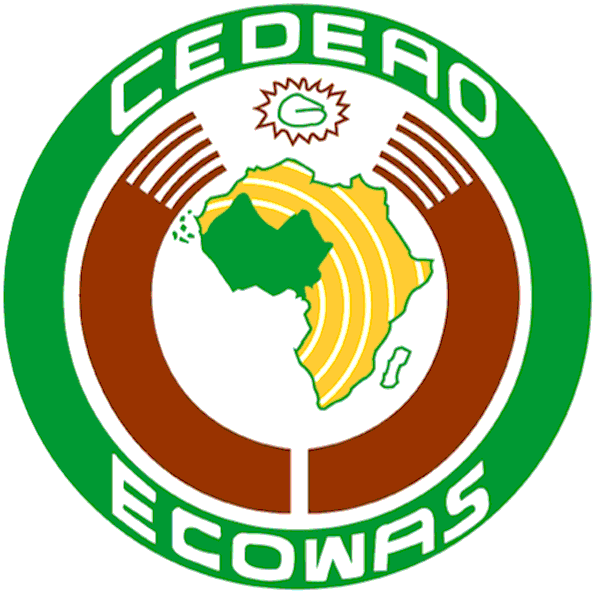ECOWAS Director of Trade, Mr Gbenga Obideyi has said that 10 member states have so far implemented the Common External Tariff (CET), which came into effect in Jan. 2015.
Obideyi told the News Agency of Nigeria (NAN) in Abuja on Thursday that eight countries within the West African Monetary Union (UEMOA), including Nigeria and Ghana had implemented the CET.
Others he said include Benin, Burkina Faso, Cote d’Ivoire, Guinea-Bissau, Mali, Niger, Senegal, and Togo.
He said that member states were expected to implement the common tariff within five years, adding that the remaining five countries would begin implementation of the CET soon.
“The CET came into force in January 2016; coming into force means all our member states are expected to implement it.
“However, in the CET like every other policy, there must be some transition period; if you consider the fact that we have a five-year transition all of the countries are still within the five years.
“The UEMOA countries already had a CET so when ECOWAS CET came on board, it was very easy for them because they were already practicing it and they took off immediately.
“For some time now, we had nine countries, of which eight countries of UEMOA, Nigeria now Ghana, recently implemented the CET and we have five counties left.
“Liberia, Sierra Leone and Guinea had the Ebola crisis that is why they could not come on board but now the crisis has been resolved and we are expecting them to come on board.
“The Gambia also had some issues that affected the country’s customs administration which caused a delay in the enforcement of the CET and Cape Verde is also yet to implement the CET,” he said.
Obideyi said that enactment of the common tariff by member states had so far demonstrated willingness to implement the common tariff in their countries.
He explained that the CET would ensure transparency and facilitate the ease of doing business both within the sub-region and with third party countries.
“Before the enforcement of the CET, at every border the goods are checked to know the tariff rates.
“But now once it is done in one country movement of such goods become easy across borders of member states; it is one single tariff rate that applies, and with that business is quick.”
He also said that the implementation of the common tariff would boost sub-regional trade which he said was between 10 to 14 per cent.
“We are trying to double the trade with a number of programmes and support,”he said.
He further said that the impact of the CET on trade within member states would be evaluated in the second year of its implementation.
The CET is one of the instruments of harmonising ECOWAS member states and strengthening its Common Market.
The ECOWAS CET has provision for temporary Import Adjustment Tax which was accommodated to allow countries to adjust to the scheme during the five-year transitional period ending in 2019.
The CET is being implemented by member countries in phases.
The first phase covers a period of five years, from 2015 to 2019, after which the scheme is expected to enter a more advanced phase. (NAN)

